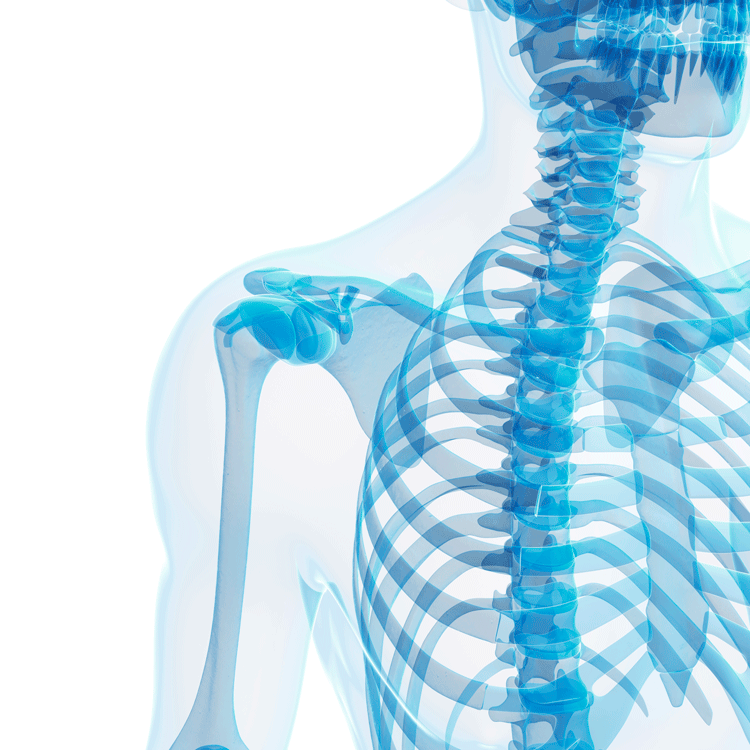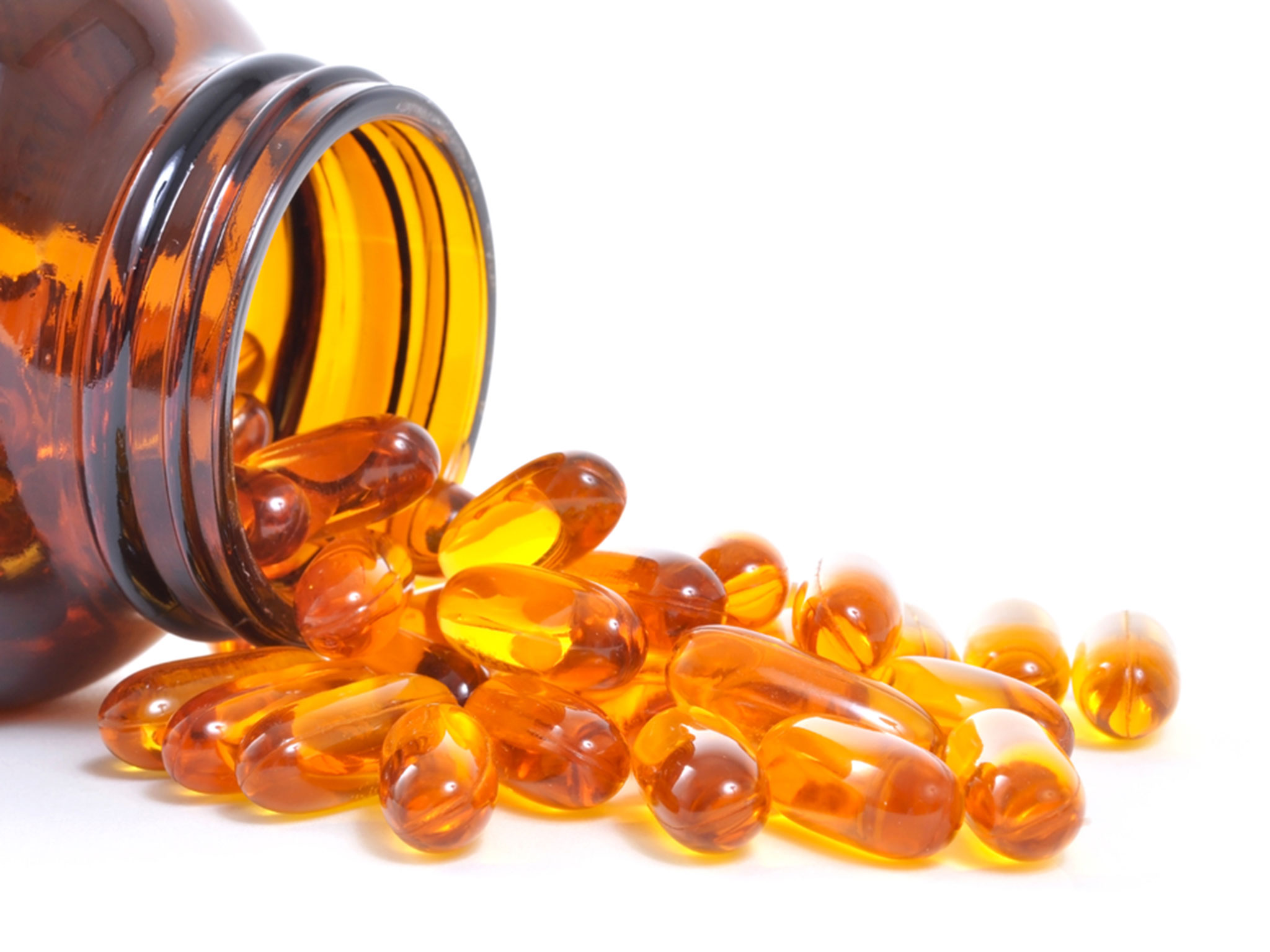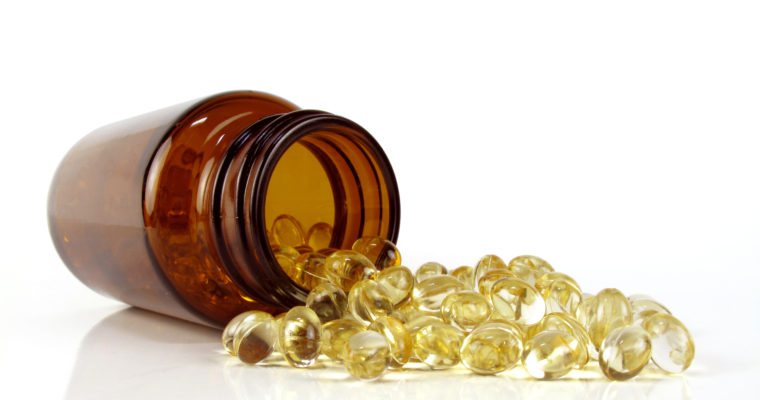According to the United States Department of Agriculture, an estimated 40 percent of Americans do not get enough Vitamin D. And now that the summer is practically over and your long, hot days in the sun are getting shorter and shorter, you may find it increasingly difficult to maintain a healthy level of Vitamin D, “the sunshine vitamin”. Vitamin D helps you maintain great bone health by helping the body absorb calcium, aiding in the proper function of your liver and kidneys, and boosts your immune system to be sure it is working to its full potential (USDA). The recommended intake level of Vitamin D for those 70 years old and younger is 600IU. Be sure to consume 800IU of Vitamin D if you are over the age of 70.*
Here are some foods that can help you consume the perfect amount of the “sunshine vitamin”.
Mushrooms
According to MSN, mushrooms are low in calories and high in vitamins like vitamin D (there are 114IUs in one cup!). Be sure to read the label before you start bringing piles of mushrooms home. Many mushrooms are grown in the dark, limiting the amount of vitamin d they can provide. Be on the look-out for sun-grown brands of mushrooms!
The specific benefits of immune-boosting mushrooms vary widely, depending on the type of mushroom. The healthy constituents of mushrooms include a variety of antioxidants, polyphenols, polysaccharides, flavonoids, natural Vitamin D and other vitamins, essential fatty acids, minerals, and unique carotenoids. Together, these nutrients provide excellent support for the immune system and metabolism.
Mushrooms are known to have unique superpowers that may allow them to support both “killer” and “helper” T-cells, as well as adapt to the unique needs of your immune system to defend and promote overall health.
Salmon
Derived from the tissues of cold-water oily fish, fish oil is the best known source of Omega-3 fatty acids, eicosapentaenoic acid (EPA) and docosahexaenoic acid (DHA). Omega-3s are considered “essential fatty acids”, as your body does not produce them. This means they are a necessary component to a basic nutrition protocol. We need to consume these on a regular basis in order to reap their vast health benefits. The problem is, despite the body’s need for them, they are generally under-consumed. Americans eat up to 50x more Omega 6 than Omega 3, whereas it’s recommend you eat a 2:1 ratio.
Besides being one of the richest sources of omega-3 fatty acids, salmon also contains high levels of Vitamin D. Just one serving of salmon at dinner could help you surpass your daily-recommended amount.
Egg Yolks
Egg yolks are not only a great source of protein, but also a good source of Vitamin D. According to MSN, one egg yolk has 37 IUs so be sure to eat the entire egg (minus the shell) to get the highest amount of vitamin d possible.
Canned Tuna
According to MSN, one three-ounce can of tuna contains 154IUs (a third of the daily-recommended intake). Tune in oil is the best to raise your Vitamin D intake even higher but be careful! Always be sure to watch your fat intake when eating foods containing or made with oil!
The oils from fatty fish supply amazing health benefits. It’s true – fish is “brain food”. The key component in fish oil is their EPA-DHA (Omega-3) fatty acid content. Fish oils benefit every aspect of brain health, from mood regulation all the way to possible prevention of severe brain problems like stroke and dementia. They also support heart and circulation health, protect your vision, help maintain the digestive tract, and offer support for the kidneys, joints, lungs, and essentially every other tissue in your body. They improve and control immune function, support detoxification, adjust blood pressure and heart rate, and maintain lung function. In short, you cannot do without them – at least not for long.
Source: http://www.msn.com
*U.S. National Library of Medicine






